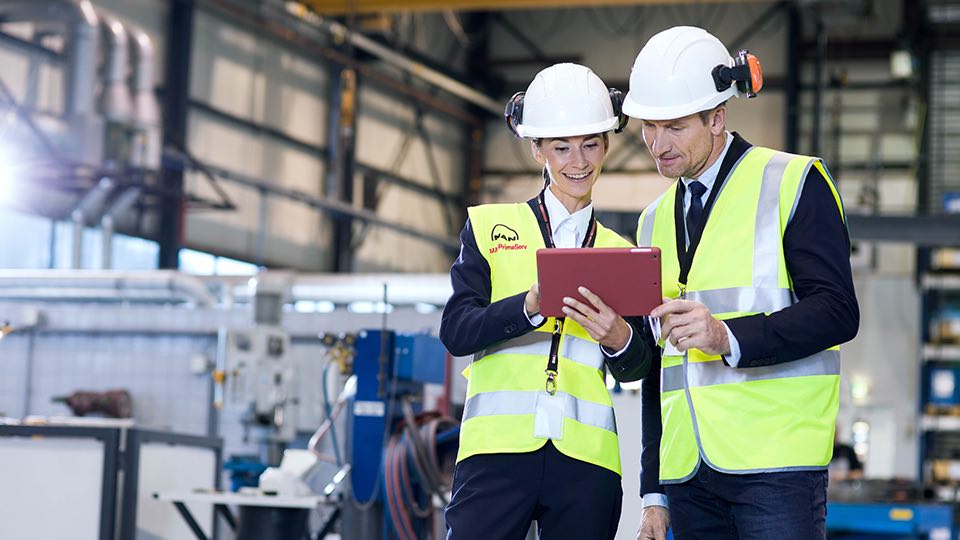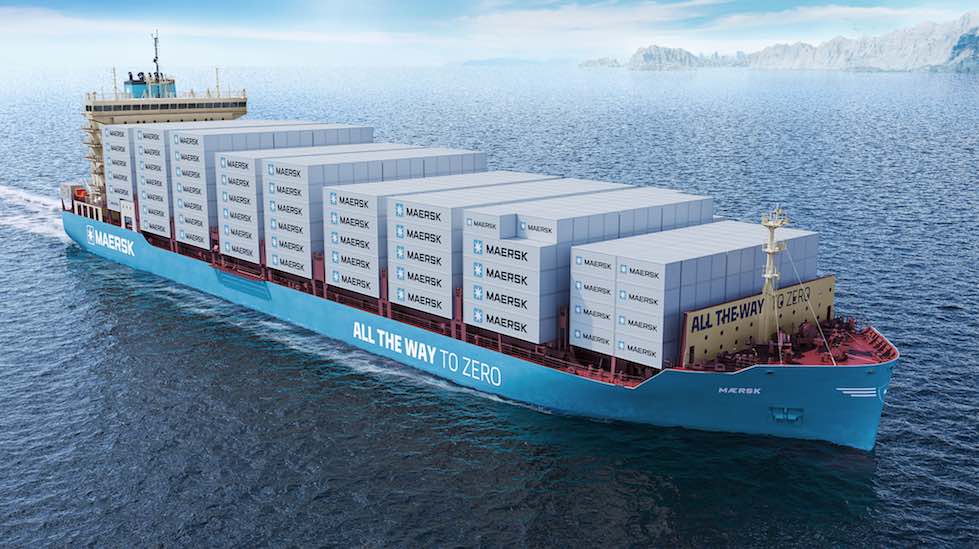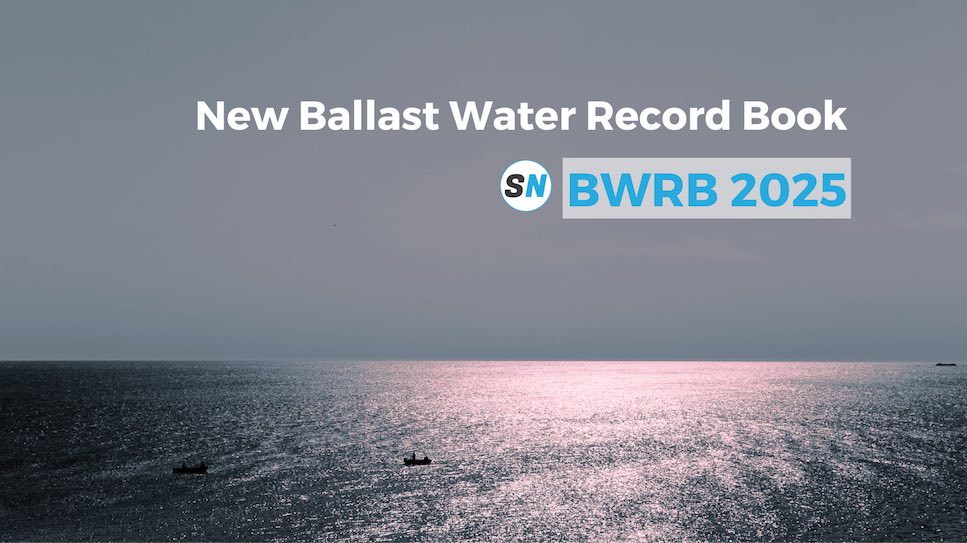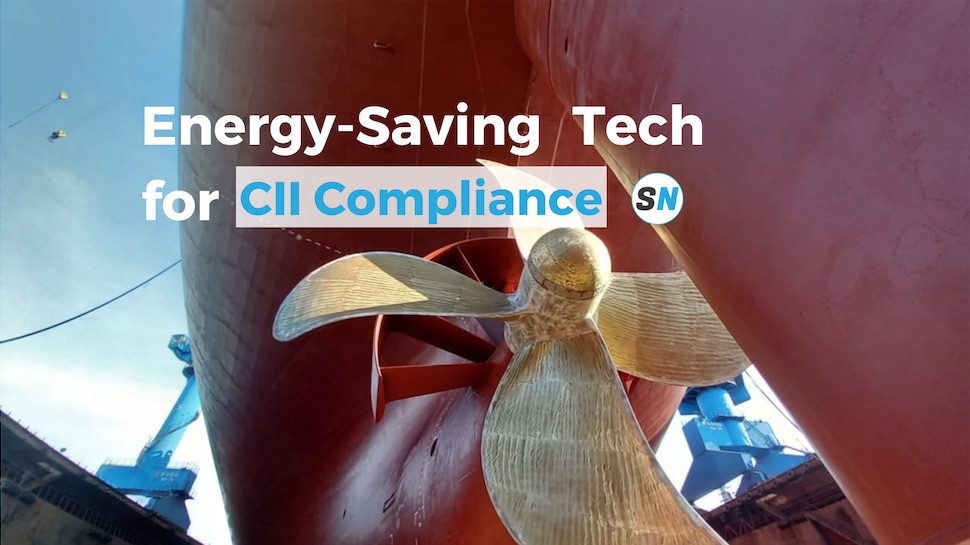28 November 2024
Agreement for 15 methanol engines retrofit solution signed

MAN to deliver 15 methanol engines retrofit solutions for Seaspan and Hapag-Lloyd vessels for dual-fuel propulsion on the way to decarbonization.
Table of Contents
Concept
MAN Energy Solutions has signed a Conversion Commitment Agreement with Seaspan Corporation (Seaspan), a global leader in containership ownership and management in collaboration with Hapag-Lloyd, one of the leading global liner shipping companies. Under the terms of the Agreement, MAN PrimeServ, MAN Energy Solutions’ after-sales division, will deliver 15 methanol engines retrofit solutions for the conversion of vessels powered by individual MAN B&W S90-type fuel-oil-powered engines from the Seaspan and Hapag-Lloyd fleets to dual-fuel ME-LGIM methanol engines capable of running on green methanol. This Agreement includes 45 optional methanol engines retrofit solution. Each conversion can provide a CO2 reduction of 50.000–70.000 Tonnes each year, when operating on green methanol.

New dual-fuel methanol vessel design by Maersk unveiled
Maersk has announced the design details of its next-generation dual-fuel methanol vessel that look remarkably like existing vessels.
Ship Nerd
Bing Chen, President, and Chief Executive Officer, and Torsten Pedersen, Chief Operating Officer, signed the Agreement on behalf of Seaspan, while Thomas Leander, Head of Solutions and Site Manager, Frederikshavn, Denmark; Jens Seeberg, Head of Retrofits & Upgrades, MAN PrimeServ Denmark; and Brian Østergaard Sørensen, Vice President and Head of R&D, Two-Stroke Business signed on behalf of MAN Energy Solutions. The development of this solution opportunity has been led by Thomas Leander of MAN Energy Solutions, Peter Curtis of Seaspan, and Richard von Berlepsch, Managing Director, Fleet of Hapag-Lloyd.
Seaspan is the largest global containership lessor, primarily focused on long-term time charters with the world’s leading container shipping lines. With an industry-leading newbuild program of 70 vessels, Seaspan will bring its owned fleet to a total of 200 vessels and 1.9mn TEU capacity.
With a fleet of 250 modern container ships and a total transport capacity of 1.8 million TEU, Hapag-Lloyd is one of the world’s leading liner shipping companies. Hapag-Lloyd aims at operating its vessels in a climate-neutral manner to become net-zero carbon by 2045.
“Seaspan and Hapag-Lloyd, are significant maritime stakeholders with strong fleet-decarbonisation commitments and strategies. This Agreement shows clear intent to drive the industry transition toward zero-carbon shipping. Retrofitting existing engines to dual-fuel running is one of the most effective ways to reduce greenhouse gas emissions and to derive greater efficiency and profitability from an existing shipping fleet, while simultaneously delivering fuel flexibility and extending operational lifetimes. Crucially, this also avoids the unnecessary building of additional tonnage with associated CO2 emissions, and thereby showcasing that retrofitting the existing maritime fleet is an important and feasible path.
With this collaborative agreement, we proceed our journey providing decarbonization solutions for the maritime industry.”
Thomas Leander, Head of Solutions and Site Manager, Frederikshavn, Denmark, MAN
About the MAN B&W ME-LGIM methanol engines
MAN Energy Solutions developed the ME-LGIM (-Liquid Gas Injection Methanol) dual-fuel methanol engines, as well as conventional fuel. The methanol engines are based on the company’s proven ME-series, with its approximately 8,500 engines in service, and work according to the Diesel principle. When operating on green methanol, the engines offer carbon-neutral propulsion for large merchant-marine vessels. Currently, more than 100 ME-LGIM methanol engines are on order or in service, more than 50 of which are G95ME-C10.5-LGIM variants.
Methanol carriers have already operated at sea for many years using the engine, and, as such, the ME-LGIM has a proven track record offering great reliability and high fuel efficiency.
Source: MAN ES
See Also
WasteFuel is a leading developer of bio-refineries focused on converting Municipal Solid Waste into low-carbon fuels. On the 19th of September, the company announced the new WasteFuel Methanol Module. A new technology that will significantly accelerate the use of organic waste to produce green methanol. Presented during the UN United Nations General Assembly and New York Climate Week.
Methanol has quickly emerged as the most cost-effective fossil fuel alternative for shipping companies around the world. Major shipping companies have committed to using methanol to power their vessels. Namely, Maersk, CMA CGM, COSCO, Stena Line, and Proman.

New technology to produce green Methanol from waste
WasteFuel announced a new technology that will significantly accelerate the use of organic waste to produce green methanol.


